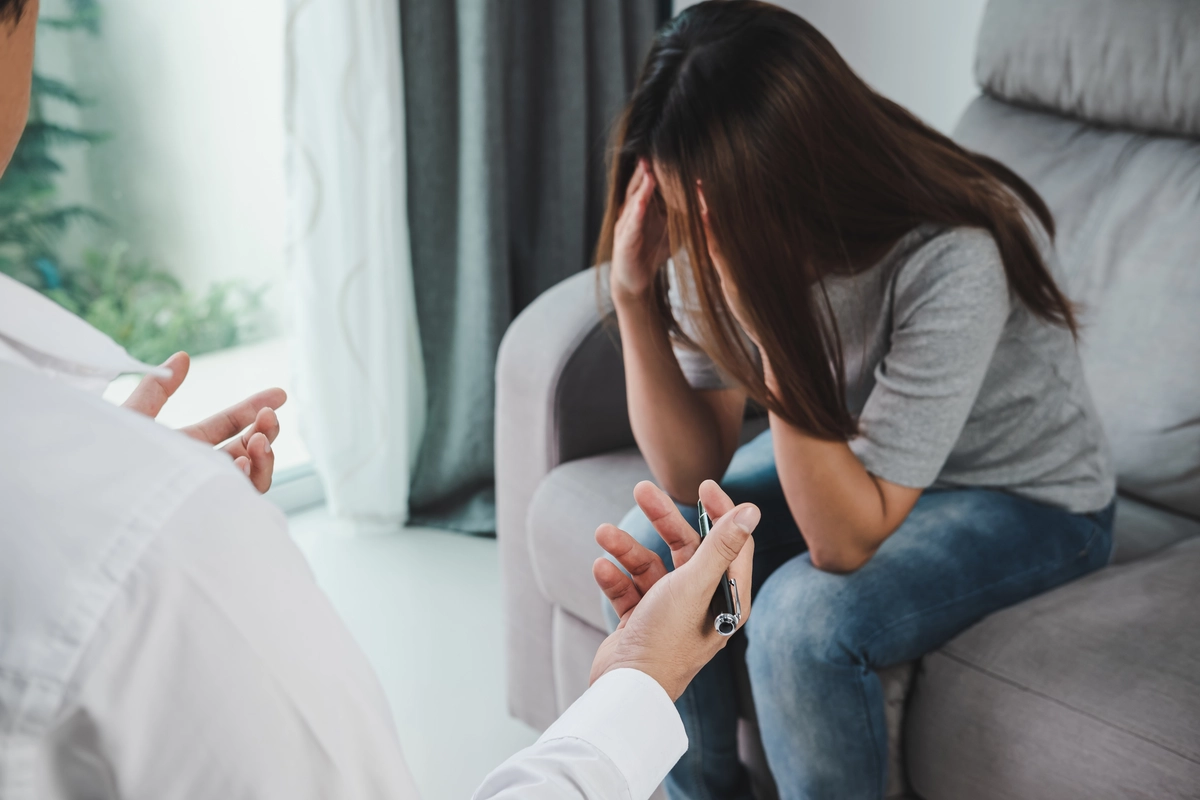24/7 Helpline:
(866) 899-111424/7 Helpline:
(866) 899-1114
Learn more about PTSD Treatment centers in Oneco
PTSD Treatment in Other Cities

Other Insurance Options

Meritain

American Behavioral

BHS | Behavioral Health Systems

Molina Healthcare

WellCare Health Plans

Carleon

Cigna

Covered California

Group Health Incorporated

Health Choice

Oxford

Ambetter

Excellus

Premera

PHCS Network

UMR
Beacon

United Health Care

CareFirst

Magellan











